Joel 2:12 Yet even now, says the Lord, return to me with all your heart, with fasting, with weeping, and with mourning. To be clear from the start, this is not an article arguing you shouldn't utilize digital Eucharistic practices. Nor is it a piece contending you should provide digital Eucharistic opportunities. Rather, it's a reflection on what I've learned thus far in a Lent almost entirely without Eucharist. And without Coke Zero. When this Lent began, I thought the most difficult fast I would be undertaking was my discipline of forgoing all diet soda during the 40 days of preparation for Easter. That was before the coronavirus news fully set in to the psyche of the U.S. Since then, I've fasted from most physical contact and in-person social engagements. I've fasted from the gym, from dining in restaurants, from the freedom to go wherever I want, whenever I want. I've fasted from my normal routine. And so have you. Due to the deadly potential of the COVID-19 pandemic, we've been forced to fast from so much. It's surreal to think that, when my diet soda fast began on Ash Wednesday, I was with a number of Capital University preseminary students in Florida for a ministry immersion trip. How strange to consider that, just a few weeks ago, interstate travel was a given. Now, we're restricted from traveling anywhere beyond the bounds of absolute necessity (though, admittedly, we have incredibly loose definitions of "essential" work and activities). What a difference a few weeks can make when the lives and livelihoods of billions of people are at stake. One of my favorite Lenten nuggets of knowledge is that Sundays are not properly part of Lent. That's why, between Ash Wednesday and Easter Sunday, there are forty-six calendar days, even as the season of Lent only has forty days. The difference between the two numbers is each Sunday, which is a little celebration of Easter. The fasts of Lent are not required during the Sundays that interrupt the season. That's why, each Sunday, I've been fortunate to suck down the sweet nectar of Coke Zero, Diet Vernor's, Fresca, and others. It's a delicious reprieve amidst what has become the simplest fast of the season. My daily soda consumption during the rest of the year is, well, significant. So kicking it entirely out of my life six days a week has been rough. An incredibly first world kind of rough, but rough nonetheless. Each Monday, my taste buds still carry a hint of sucralose sweetness, so my yearning is strong but full of reminiscent thanks. By Wednesday, I'm grumpy, reminding my wife that sparkling water "tastes like butt." When Friday rolls in, I can see the caramel-tinted light at the end of the weekend's tunnel, so I hydrate expectantly in the hopes of Sunday's return to Coke Zero nirvana. I've learned a surprising amount about Eucharist, and about the God who is present in that holy meal, from this time of unexpected fasts. Yet, it's not the words of Jesus that ring in my ear, nor Paul's recollection of the eucharistic feast. It's Joel, the prophet through whom God beckons to the people, "return to me with all your heart, with fasting, with weeping, and with mourning." No, God does not rejoice in our tears, but God does delight in our authenticity. My time away from diet sodas doesn't make me weep, and to call my yearning for the fizzy sweetness "mourning " would be hyperbole to the max. In the obvious sense, a desire from Coke Zero is nothing like our desire for God. Indeed, in this Lenten fast, I've noticed something deeper than in years past. While I want diet soda worse and worse as the week rolls on, each Sunday, my Coke Zero swig is sublime. Yet, I notice I've loved diet soda less and less. I no longer relish in its taste. I no longer feel the need to have constant access to the ice and fizz. My time away from diet soda makes me want it more, until the reality comes, and then its true value is revealed. It's good, but it's not that good. What Lenten fasts intend to teach us is a shadow of God's holy fast. Our preparation for God, this time when we see in a mirror dimly, will not end with similar disappointment. Rather, the first deep drink from the well of everlasting life will fill us to the brim. It will be no less sweet to commune at Christ's eternal feast, to sip from the river that runs through God's holy city, to eat from the tree at the center of that city. We await God's ultimate return, and what we find will not leave us wanting or unimpressed. This, I feel, is what I'm learning from the unintended eucharistic fast so many of us are on. It's not just the texture of the wheat grains, the smoothness of the fermented grapes, that will one day cross these lips again. It's the promise of union with God and with all the saints who partake of the eternal feast, that signifies this meal. Without the COVID-19 "stay at home" order in Ohio, I might not realize how I can yearn even more for eucharist than I do for modern extravagances. I might not comprehend the powerful draw of the sacrament, one which reminds me of my full humanity and brings the fullness of divinity deep into me. It's possible to yearn for something quite mundane in ways that are similar to yearning for something holy. What's different is the experience of satisfaction. Time without Coke Zero - and all other diet pops - has taught me that they are, in fact, unnecessary. Time without the Eucharist has taught me how essential it is. I am not myself if I am not united with God and God's people. Our communion is only a foretaste of the feast to come, but that is more taste than our worldly foods could ever conceive. Even Coke Zero pales in comparison to the tastes of eternity, bread of heaven, cup of salvation, feast of God's victory. That's what I've learned from this Lenten fast. It's a healthy reminder that our Lenten disciplines do matter because, with reflection, they point us beyond the mundane and into the sacred. And so I wait, in great expectancy, first for the Eucharist, and then for the everlasting feast.
0 Comments
 So you, and many others, are now worshipping digitally because of an order from your state to Shelter in Place, Stay at Home, Quarantine, or my personal favorite, Hoosier Hunker Down. Well done, Indiana. Probably not just worship, either. Small group meetings and Bible studies. Council meetings and youth group activities. Much, perhaps most, of this life is digital right now. Soon, though, the novelty may wear off. Now that you've been doing it for a few weeks, there's a danger of both losing connectivity to one another as well as the commitment to continuing this practice in these limited ways. How can you foster feelings of connection with God, with your community, and with the worship experience? How can worship remain a priority for you not just in theory, but in practice? Preparation here now matters more than ever. Many congregations, when they gather, hear a leader say "Prepare your hearts and minds for worship." Now, though, we're called beyond hearts and minds. We're called to prepare hearths and selves, the physical spaces of our homes and the bodies we bring to digital worship. Below are 5 suggestions for preparation to magnify your experience of digital worship. First, though, a disclaimer: This isn't advice for how to create the best technological experience. There's value in the right sound settings, turning your microphone off, and the like; this, rather, is about the space in which your technology is set and how to more fully engage worship in that place.
Do you have other ideas for how to best prepare for digital worship? Share them here in the comments or on social media. Be sure to tag @FriarTuckTweets on Twitter, @LutheranFriarTucker on Instagram, and @Drew Tucker on Facebook. 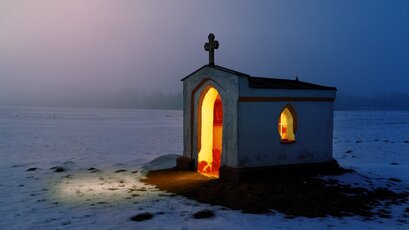 As you're probably aware, colleges and universities across the country are moving to "online delivery" of education. In other words, classes will temporarily meet via software like Zoom or Skype for Business until the time comes that COVID-19, aka coronavirus, is no longer at a pandemic level. Most times, this also includes the cancellation of all events on campus, and in some extreme cases, closure of residence halls as well. At Capital, we're keeping dining and housing up and running to ensure all students have access to food and shelter; however, we've cancelled all official gatherings scheduled to happen on our campus, whether hosted by student organizations, university offices, and outside organizations. We just announced this decision over 24 hours ago, and already I've had dozens of conversations with people who feel increasingly isolated by this necessary move to isolation. So, rather than simply suspend worship until further notice, we've decided to host online versions of worship during our regularly scheduled times. Though we might feel like we're all alone in our worship, like the tiny chapel built for one above, one of the blessings of the digital age is that this restriction on gathering mustn't include absolute isolation. We can, and should, connect with our siblings in Christ to worship. We can, and should, continue our Lenten journeys. We can, and should, provide vital precautions to prevent infecting the most vulnerable people in our communities, as well as the very vulnerable neighbors we've never met but will come across in the grocery store, on the bus, or at work. So, we worship in this way temporarily, with the grand hope of returning to worship together in the same room. Until then, our small worship spaces are bound together by the Holy Spirit and the World Wide Web, raising a chorus to God of faith, hope, and love. I'm thankful to Capital junior Nicky Gutierrez, who was planning to preach this sermon at Candlelight, our Thursday night worship service, and instead worked ahead to record it so we can place it here and share it during worship on Facebook Live at 9:09PM on March 12th. If you've come across this page, you've come to the right place. Give it a listen.
|
AuthorSimultaneously a sinner and a saint. Archives
September 2020
Categories |
||||||
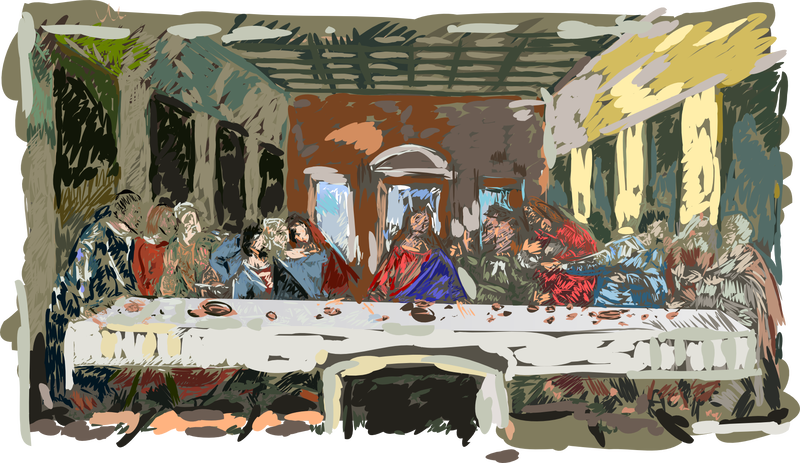
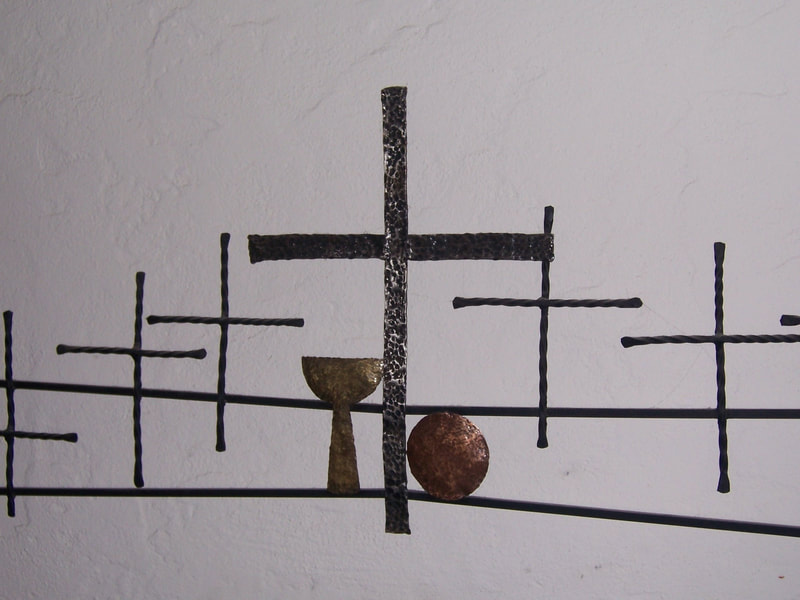
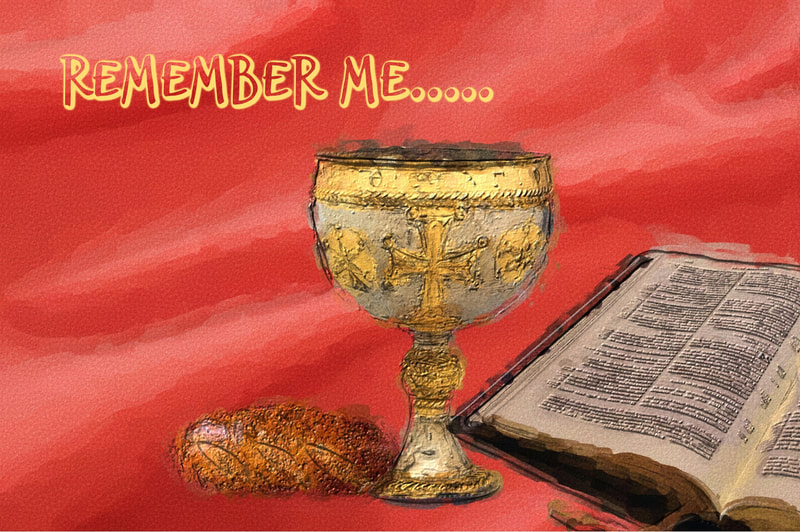
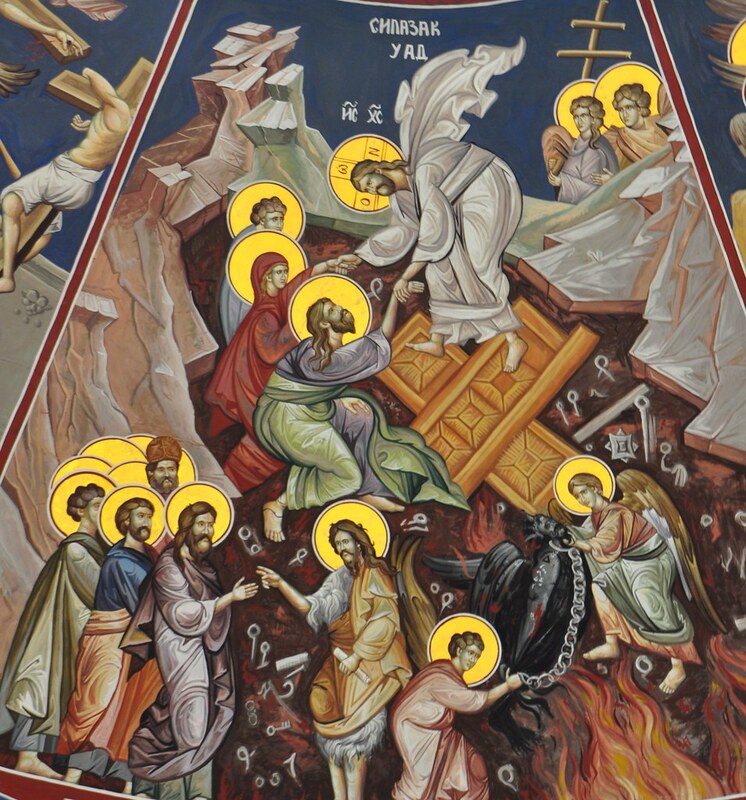
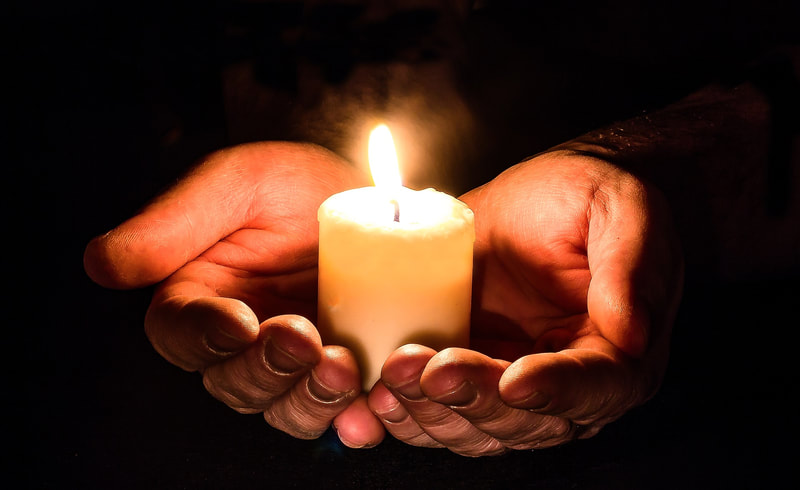
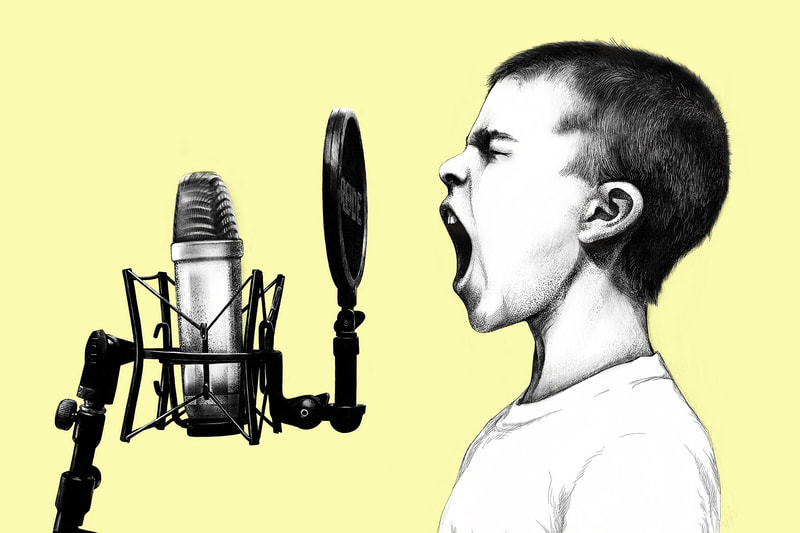
 RSS Feed
RSS Feed